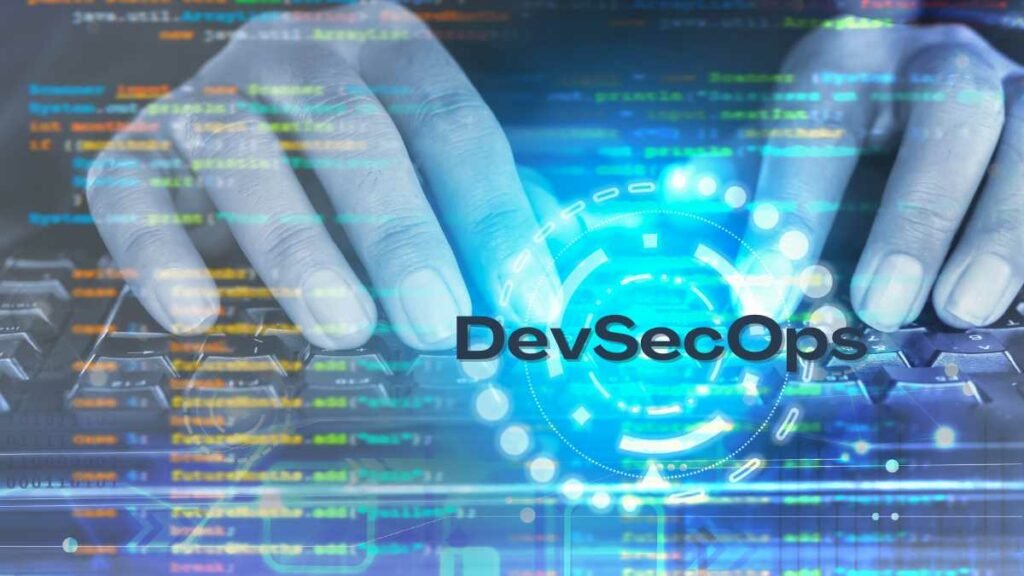What is DevSecOps and Why It’s Crucial for Tech Companies in the Age of AI
As AI-driven code becomes more common, DevSecOps is key to protecting software from hidden security flaws.

In recent years, the demand for DevSecOps has grown, but many people still don’t understand what it is or why it’s become essential, especially in today’s AI-driven tech world.
When software is developed, it’s important to ensure there are no bugs or security flaws that could later be exploited. While AI-powered tools can generate code quickly, they often create vulnerabilities that are hard to spot. That’s where DevSecOps comes in. This approach helps tech companies reduce security risks, though it’s still a relatively new practice.
In the past, companies used three teams for software development: development (creating the code), operations (deploying it), and security (reviewing the code for vulnerabilities). Security was often handled as a last step, only addressed just before deployment.
As time went on, development and operations merged into what we now call DevOps. Recently, it became clear that security should not be an afterthought, but rather a part of the development process from the start. This realization led to the rise of DevSecOps—an approach that integrates security directly into development.
Several factors make it even more important for tech teams to adopt a solid DevSecOps strategy today:
AI-Generated Code Increases Security Challenges
With AI tools, developers can now produce the work of multiple people in a fraction of the time. But automation hasn’t kept up with security needs, leaving gaps in code protection. Human reviewers can’t handle the overwhelming volume of code generated by AI.
Studies have found that nearly half of AI-generated code contains bugs that could be exploited. For this reason, all companies must use automated security tools, like static application security testing (SAST), to ensure that their code remains safe as it’s rapidly deployed.
The Growing Reliance on Open Source Code
Many developers now rely heavily on open-source code, which is created and updated by various contributors. These open-source packages often include code from multiple third parties. For example, an open-source JavaScript package might depend on 377 different packages.
This creates a risk, as developers don’t have full control over the security and quality of these external components. A well-known example is the Log4j vulnerability, where an open-source program had a serious flaw that allowed hackers to take control of systems using it.
DevSecOps tools like Software Composition Analysis (SCA) help by scanning these open-source components for security weaknesses. This enables teams to quickly identify and address risks before they become a problem.
Faster Software Releases Increase Security Risks
In the past, software releases happened every few weeks, which allowed time for manual security reviews. Today, releases are happening much more frequently—sometimes every few hours.
This fast pace can lead to “security debt,” where vulnerabilities build up over time. Without automated tools to keep up with the rapid deployment, security issues can quickly snowball. DevSecOps ensures that these issues are caught early and don’t turn into larger problems.
Even Small Startups Need Strong Security
Large companies have long been aware of the importance of DevSecOps, but smaller startups often focus more on product development and overlook security. However, today’s B2B SaaS buyers are demanding that vendors meet high security standards, such as SOC2 Type 2 compliance, which requires a strong, proactive security program.
Achieving this compliance isn’t possible without a solid DevSecOps strategy. Smaller companies are now realizing that a secure software development process is vital to their success.
Conclusion: DevSecOps is Essential
Security has always been a crucial part of software development, but recent trends—like AI-generated code, the rise of open-source software, and faster release cycles—have made it even more important to integrate security into the development process. By adopting a strong DevSecOps strategy, companies can ensure their software is safe from vulnerabilities, keeping both their products and users secure.
